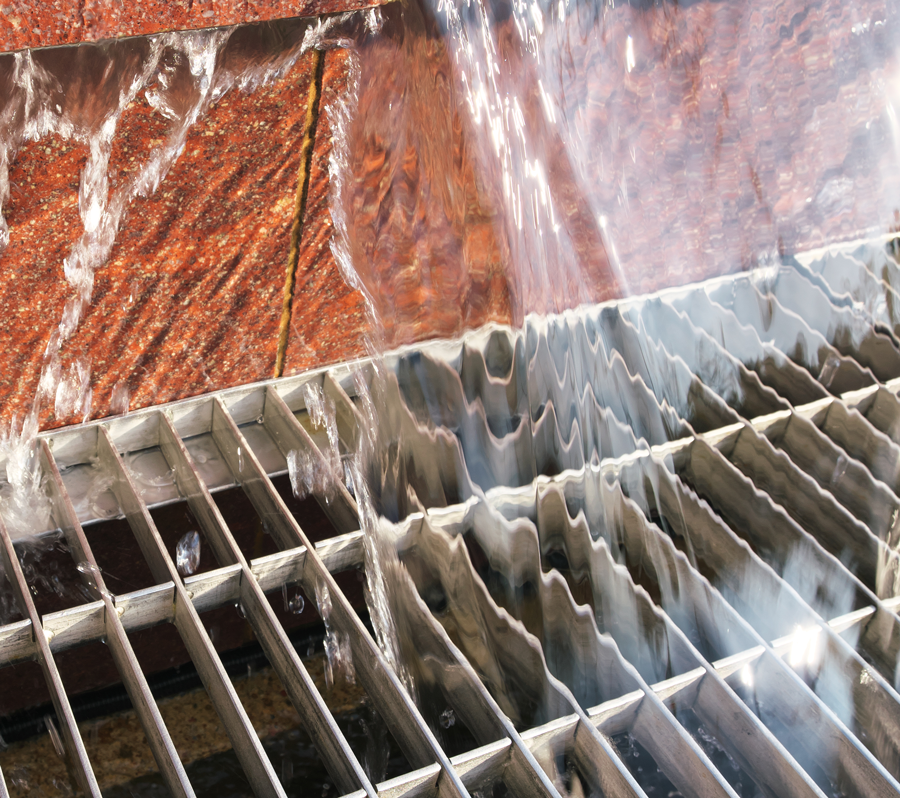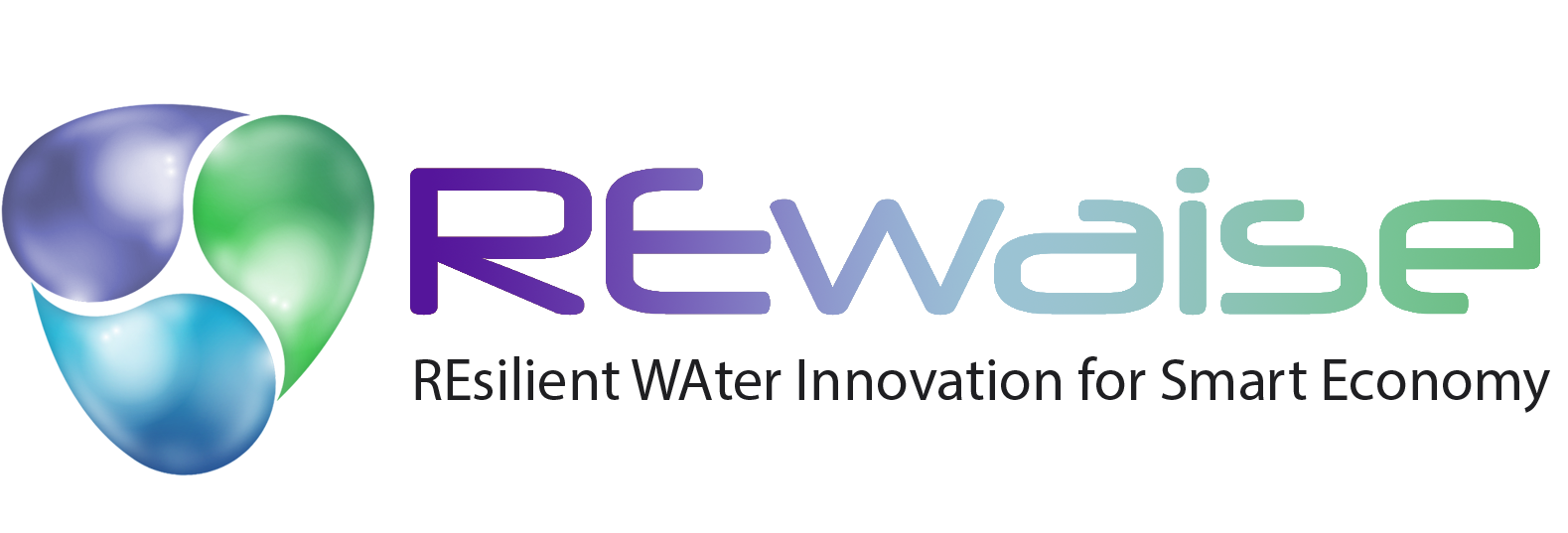Urban runoff, comprising stormwater and snowmelt, is a major transport vector of pollutants released in the urban environment. It contributes significantly to the deterioration of urban receiving waters quality, making it a threat to public health and damaging ecosystems.
In addition to heavy metals and other pollutants, contaminants of emerging concern (CECs), such as endocrine-disrupting compounds, pharmaceuticals and microplastics, are detected in urban runoff. Monitoring programmes, as part of the Water Framework Directive (WFD), that aim to mitigate diffuse pollution cover only a small subset of these contaminants, which limits the quality of available data. Regulations on CECs are therefore limited.
Current combined sewer networks (CSN) are designed to process only a portion of major storms overflow, and untreated sewage is discharged into water bodies. This problem is worsening with climate change effects and varying rainfall patterns. The alternative, separated sewer networks (SSN) collect wastewater and stormwater separately and discharge it directly into receiving waters, with no purification, which is a serious threat to the quality of this water.
Nature Based Solutions (NBS), previously known as sustainable urban drainage systems (SUDS) or blue-green infrastructure, can contribute effectively to stormwater management of the sewer networks by reducing the volume and flow rate of stormwater runoff (e.g green roofs, wetlands or swales).


Key challenges
Today, it is difficult to make informed decisions for the implementation of effective hybrid measures due to:
Poor characterisation and monitoring of water pollutants, their sources, impacts and risks
Limited data on the contaminants of emerge concern (CECs) such as endocrine-disrupting compounds, pharmaceuticals and microplastics.
Lack of knowledge and tools for the design, location and operation of NBS, including climate change, urban planning, pollution patterns as well as operating, risk, policy and social considerations.
The European D4RUNOFF project aims to tackle this challenge by developing a knowledge driven approach.
More specifically, the project will develop:
1. Novel detection methods for runoff pollutants characterisation
2. Novel sensors for identifying and monitoring of CECs, as well as new pollutants to obtain a deeper understanding of the pollution aspects linked to urban runoff and their actual impact on the environment.
The knowledge gained in this field will serve to build:
1. a multi-criteria methodology for the design of cost-effective mitigation hybrid solutions combining new and existing NBS and water infrastructures (i.e blue-green-grey solutions)
2. an AI-assisted management platform to support water management stakeholders (i.e.; water utilities, public authorities) in the planning, operation and risk monitoring of the urban infrastructures for the design of effective strategies to cope and mitigate urban runoff events.
Concept




Case studies
The methods and tools developed in the project (novel measurements methods, online sensors, risk mapping, etc,) will be implemented, tested and validated in three demonstration sites.
The three sites are located in Odense (Denmark), Santander (Spain) and Pontedera (Italy), covering different climate areas.
Replicability will be assessed in five sites: Pisa Sud (Italy), Algeciras (Spain), Ostrava (Czech Republic), Gdansk (Poland) and El Cairo (Egypt).
Our partners
At D4runoff, collaboration and diversity are our power. Our consortium is a dynamic synergy of 13 partners from 5 countries from North and South of Europe.
Project Coordinator:
Uffe Linneberg Gangelhof
VandCenter Syd (Denmark)






